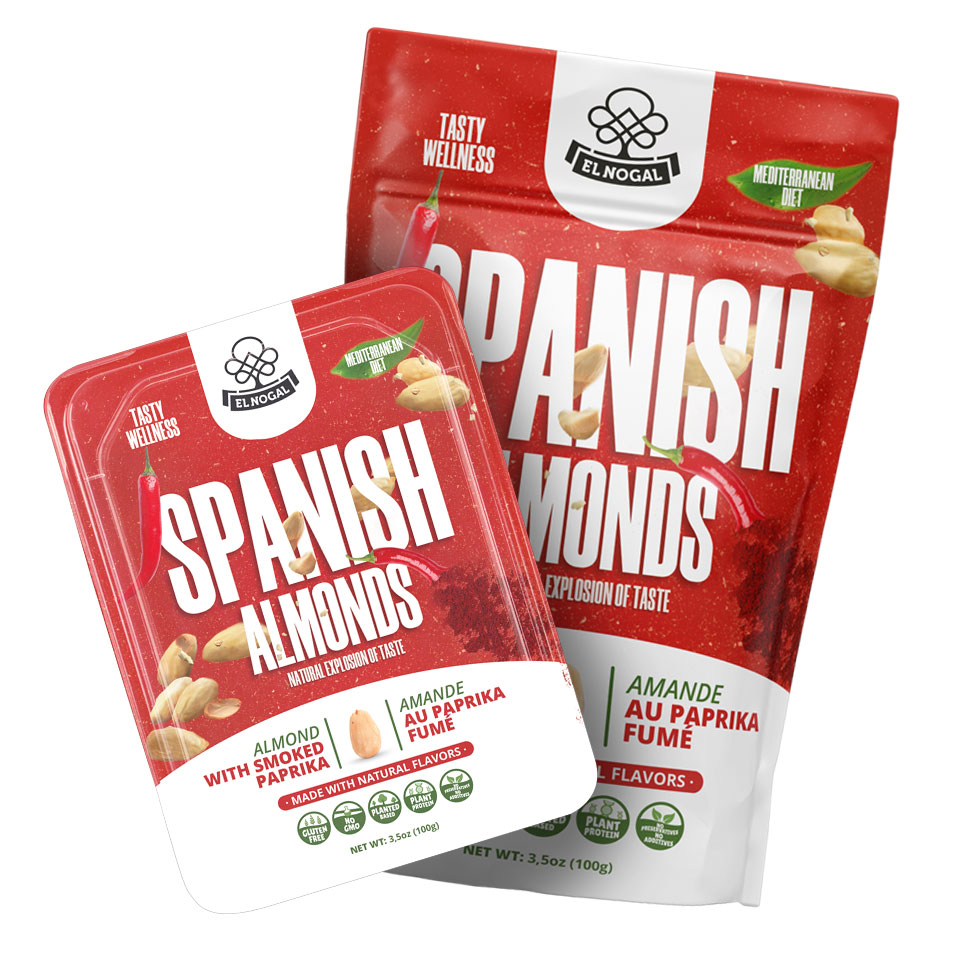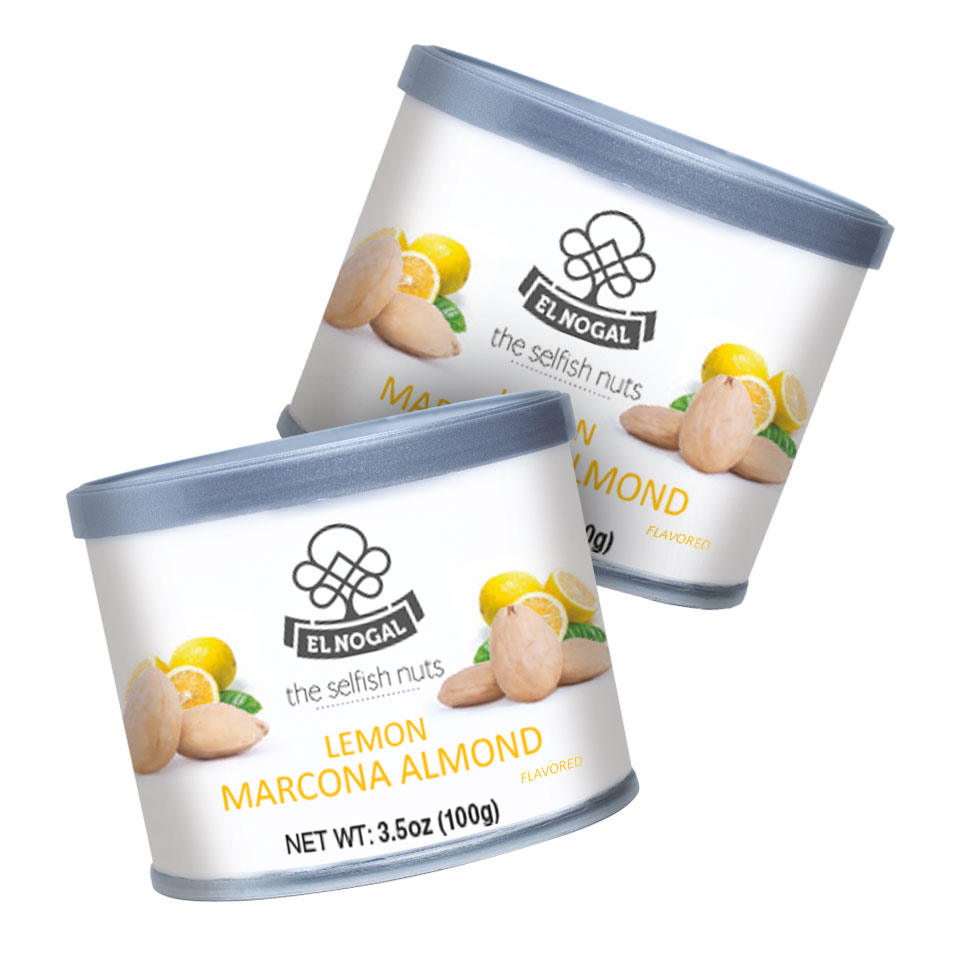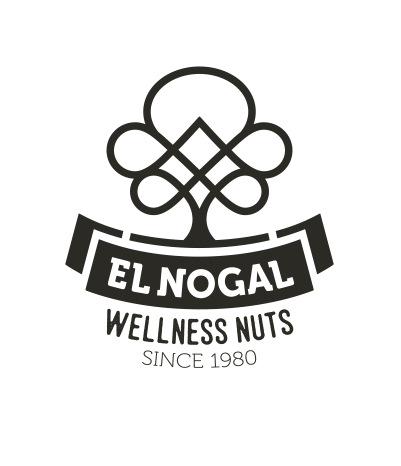The Mediterranean Diet is a lot more than a food pattern. Besides its longstanding tradition and its valuable cultural heritage, it combines a rich and balanced lifestyle with popular recipes, seasonal products, celebrations and cherished culinary habits.
The Mediterranean Diet
The Mediterranean diet is a healthy way of eating in which fattening desserts, red meats, and dairy products are avoided in favor of plant-based foods and natural sources of heart-healthy fats. But, apart from this, the Mediterranean diet aims to encase a healthy lifestyle. Those who are seeking for the full benefits of this diet are encouraged to enjoy their meals with friends and to practice regular exercise.
If this sounds a bit intimidating, you should know that this diet is well worth the trouble.
The Mediterranean diet is mainly based on the following principles:
- Eat small amounts of low fat daily.
- Consume a good variety of vegetables, legumes, fruits and whole grain cereals each day (ideally between 7-9 portions).
- Drink plenty of water and avoid all sugary drinks.
- Eat fish and poultry and limit red meat consumption.
- Use monounsaturated vegetable oil, olive oil or rapeseed oil instead of animal fats, such as butter.
- Do not add salt to your food at the table (try to cook with herbs and spices instead).
- Snack on fruit, dried fruit and unsalted nuts rather than cakes, crisps and biscuits.
A Mediterranean diet supports the idea of drinking red wine during meals, no more than two small glasses per day if you are a man and only one small glass per day if you are a woman.
Avoid fast food or processed ready meals as much as you can.
In this article in our blog, you can see the main foods that are part of the Mediterranean diet.
Nuts in the Mediterranean Diet
There’s no reason to hang back from nuts. Although nuts are calorie-dense and contain fat, they are a source of “good” fats. Besides, monounsaturated and polyunsaturated fats help raise good cholesterol and lower bad cholesterol, among other things.
Nuts also make healthy and delicious contributions to meals or snacks. They take a lot of energy to digest, and calories are lost in the process, so scientists realize they have long exaggerated the calories in a serving of nuts. Just a handful fills you up and provides you a long-lasting source of energy throughout the day.
Moreover, nuts can replace other fatty-tasting foods, like cheese or butter. We crave fat because our bodies need it, so nuts are a healthy way to satisfy this craving. Besides, nuts offer important nutrients like vitamin E, folic acid, potassium, magnesium, copper, zinc, calcium and fiber.
The science backs up nuts as a healthy food source
Nuts have a significant role in the Mediterranean Diet, although there are other important ingredients that cannot be overlooked. Vegetables, fruits, legumes, whole grains, seeds and olive oil are among the most recommended ingredients.
Likewise, fish, eggs and white meats must be eaten weekly in moderation, while the intake of red meat and processed meat, sugar sweetened beverages and creams must be reduced.
Needless to say, that doing sport regularly and giving up smoking habits is very helpful when talking about a healthy lifestyle.
As you can see, it is very important to emphasize plant-based foods and monounsaturated fats. Nuts in the Mediterranean Diet, along with the virgin olive oil, are packed with monounsaturated fats and several antioxidants which may have anti-inflammatory effects, so they can help to prevent cardiovascular diseases. If you take a look here, you will see how the Mediterranean diet can help your heart health.
Benefits of Nuts in the Mediterranean Diet
The benefits of the Mediterranean Diet in human health are backed-up by scientific evidence. In fact, there are plenty of studies that demonstrate that a Mediterranean Diet rich in plant-based foods, such as nuts (almonds, hazelnuts and walnuts) or extra virgin olive oil, and without calorie restriction, will help you lose weight, among other advantages.
Prevent Cardiovascular Diseases
Including nuts in your Mediterranean Diet may help you prevent some artery diseases. Besides, it is demonstrated that a Mediterranean Diet supplemented with nuts or extra-virgin olive oil reduced the risk of peripheral artery disease.
Scientists say that including tree nuts int the diet may decrease the incidence of major cardiovascular events, such as myocardial infarction, stroke or cardiovascular mortality, among high-risk persons.
In other words, the mortality associated with these events might be lower for someone joining the Mediterranean Diet supplemented with a handful of nuts a day compared to someone who is consuming a low-fat diet.
As you can see, the Mediterranean diet far from being just a way of eating, is a way of life and including nuts into it will make it the ideal match for a healthy lifestyle.



















